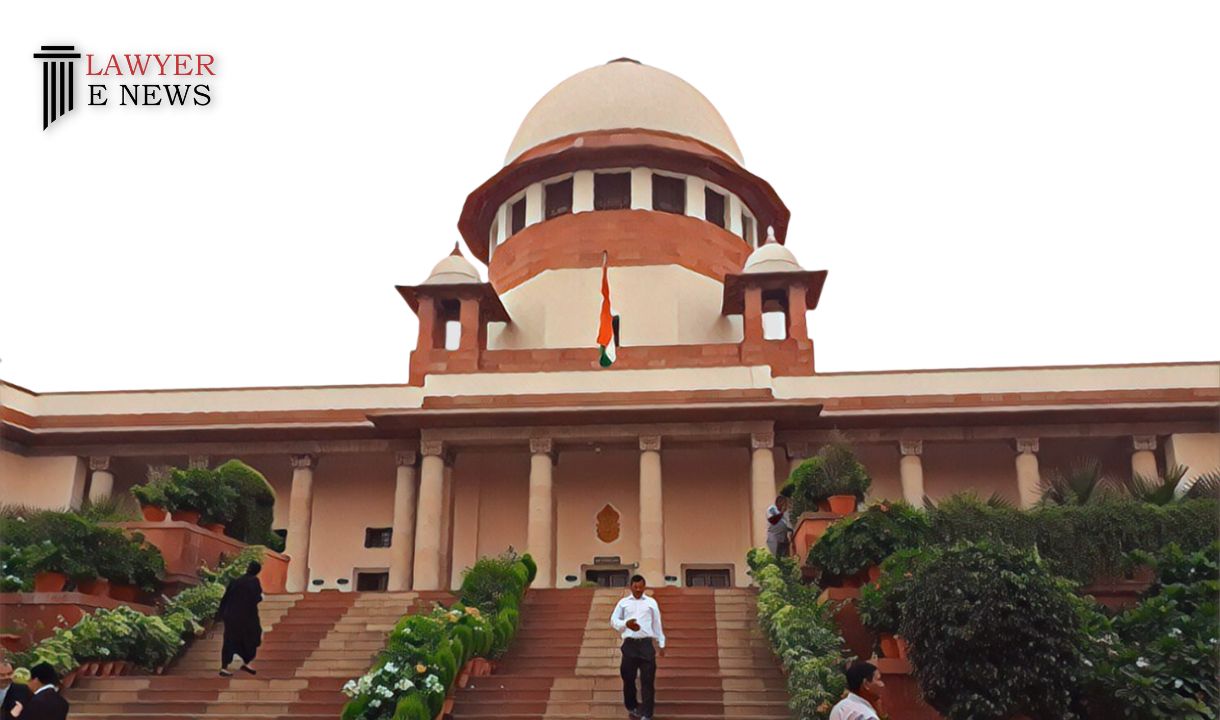-
by Admin
15 February 2026 2:16 AM



In a significant ruling, the Supreme Court of India has allowed the appeals filed by the Government of Odisha, thereby setting aside the orders of the High Court of Calcutta that directed the formation of a High-Powered Committee to decide on the renewal of mining leases originally granted to Bird and Company Limited. The judgment, delivered on May 17, 2024, by Justices Sanjiv Khanna and Dipankar Datta, has major implications for the parties involved, including the liquidated Bharat Process & Mechanical Engineers Limited (BPMEL), Odisha Mineral Development Company Ltd (OMDC), and TGP Equity Management Private Limited, the assignee of UCO Bank’s claims.
The legal battle stems from the renewal of three mining leases—Kolha-Roida, Thakurani, and Dalki—granted initially to Bird and Company Limited in the 1920s and subsequently vested in BPMEL after the nationalization under the Bird and Company Limited (Acquisition and Transfer of Undertaking and Other Properties) Act, 1980. BPMEL was later directed to be wound up by the Board of Industrial and Financial Reconstruction (BIFR) in 1996 due to its non-viability. Despite the winding-up order, the liquidation process remains incomplete, and the question of lease renewal has been a contentious issue.
Rejection of High-Powered Committee: The Supreme Court set aside the High Court's direction to form a High-Powered Committee to decide on the lease renewals, concluding that there is no practical benefit in renewing leases for a defunct company with substantial liabilities.
Termination of Power of Attorney: The court noted that the power of attorney granted to OMDC by BPMEL terminated upon BPMEL's liquidation, making it legally unfeasible for OMDC to continue mining operations under the expired leases.
Role of TGP Equity Management: TGP's appeals were dismissed, and the court emphasized that TGP, as an assignee of UCO Bank, is entitled to pursue claims in accordance with the Companies Act, 1956, but it cannot compel the renewal of leases or continuation of mining activities.
Workers' Dues: The court directed that workers' dues should be settled according to statutory provisions under the Companies Act, acknowledging the pending payments to the workers involved.
The Supreme Court’s observations were rooted in the impracticality of renewing mining leases for a company that has been non-operational for nearly three decades. The court highlighted several critical points:
Non-Operational Status: BPMEL has not conducted any mining activities for years and remains in liquidation, which negates the feasibility of lease renewal.
Separate Juristic Entities: The court stressed that OMDC, although a subsidiary, is a separate legal entity and cannot be compelled to undertake mining activities on behalf of BPMEL.
Liabilities and Penalties: OMDC faces significant penalties amounting to approximately Rs. 800 crores, making it financially unviable to continue mining operations.
Conclusion The Supreme Court's decision marks a crucial end to a prolonged legal dispute over the renewal of mining leases. By rejecting the formation of a High-Powered Committee and dismissing TGP's appeals, the court has paved the way for the continuation of liquidation proceedings under the Company Court. This judgment underscores the importance of practical and financial viability in decisions regarding lease renewals and highlights the court’s commitment to resolving long-standing corporate disputes within the framework of the law.
Date of Decision: May 17, 2024
Chief Secretary, Government of Odisha vs. Bharat Process & Mechanical Engineers Limited (In Liquidation) and Others
